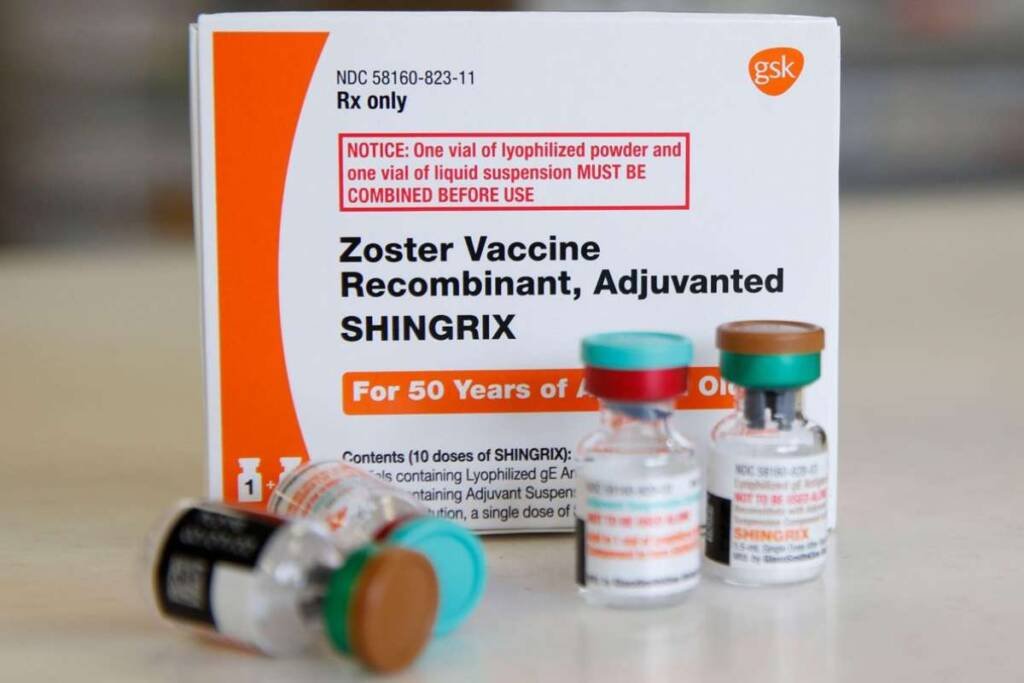In October of the previous year, GlaxoSmithKline (GSK) unveiled an ambitious strategy to double its presence in the Chinese market by 2025. This expansion hinged significantly on the success of Shingrix, the company’s recombinant zoster vaccine designed to safeguard older individuals against shingles.
This week, GSK provided compelling evidence of Shingrix’s efficacy by announcing a remarkable 100% success rate from a post-licensing phase 4 trial. The ZOSTER-076 study involved nearly 6,000 participants aged 50 and above, revealing that not a single recipient of Shingrix developed shingles. In stark contrast, the placebo group reported 31 cases.
This marked the inaugural efficacy trial of the vaccine in China, following its FDA approval in 2017 and subsequent arrival in China in 2020. GSK disclosed a substantial 60% surge in Shingrix sales in 2022, totaling £2,958 ($3.7 billion), with China being a major contributor to this growth.
The findings from ZOSTER-076 closely aligned with data derived from the ZOE-50 and ZOE-70 trials. These trials, conducted in 18 countries with participants aged 50 and older, and 70 and older, respectively, were instrumental in securing initial approvals for the vaccine in Europe and the United States. The ZOE trials indicated a 97% efficacy rate for Shingrix and tracked patients for a span of four years.
The varicella zoster virus (VZV), accountable for both shingles and chickenpox, resides in over 90% of adults globally. As individuals age and their immune systems weaken, the virus’s potential to reactivate as shingles increases.
A prevalent complication stemming from shingles is postherpetic neuralgia (PHN), which affects 5 to 30% of shingles cases, the likelihood varying with age. PHN triggers persistent nerve pain that can endure for years.
In China, approximately 6 million cases of shingles surface annually, a figure anticipated to rise in tandem with the aging population’s expansion, according to GSK’s projections. This underscores the pressing need for effective preventive measures like Shingrix.
GSK’s strides with Shingrix are pivotal not only for the company’s business growth but also for addressing a significant public health concern in China. The vaccine’s resounding success in preventing shingles could potentially alleviate the burden of the condition and its complications, notably PHN, which poses challenges to affected individuals.
By consistently demonstrating remarkable efficacy and aligning with previous global trials, Shingrix has emerged as a beacon of hope for countering the escalating prevalence of shingles, particularly among the elderly in China. The vaccine’s impact on public health and GSK’s business prospects paints a promising future, where targeted preventive measures can make a tangible difference in people’s lives.





























